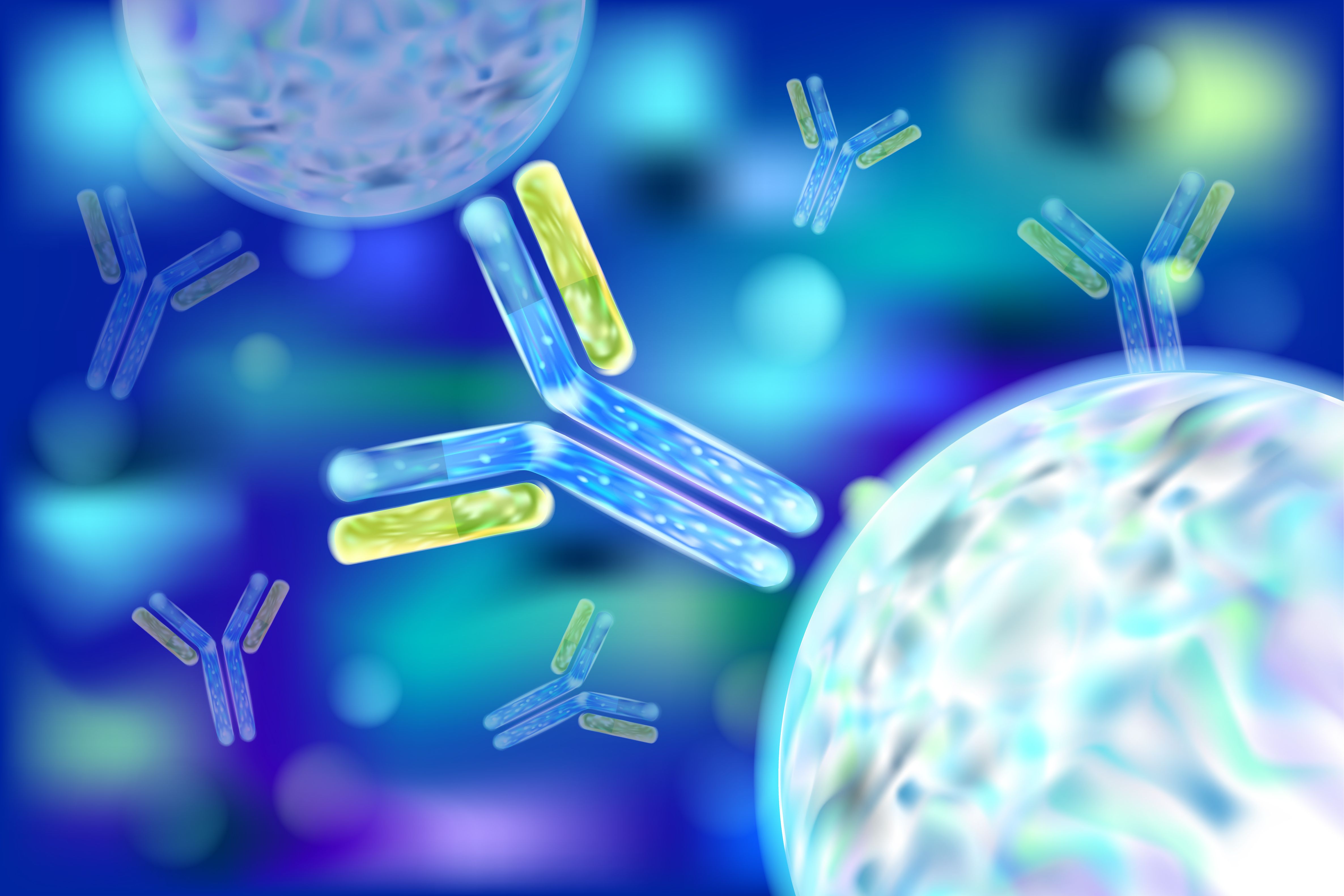Article
Study: Mild Diet, Exercise Improves Survival for Young People With Leukemia
Author(s):
A combination of modest dietary changes and exercise can dramatically improve survival outcomes for those with acute lymphoblastic leukemia (ALL), the most common childhood cancer, according to a new study published in Blood Advances. The researchers found that patients who reduced their calorie intake by 10% or more and adopted a moderate exercise program immediately after their diagnosis had, on average, 70% less chance of having lingering leukemia cells after a month of chemotherapy than those not on the diet-and-exercise regimen.
Overweight individuals were more likely to have lingering cancer cells in the bone marrow, which are associated with worse survival and a higher risk of relapse. Obese young people with leukemia are 50% more likely to relapse after treatment, according to the study.
The researchers worked with registered dieticians and physical therapists to create personalized 28-day interventions for 40 patients between 10 and 21 years of age who were newly diagnosed with ALL. Each intervention was designed to reduce calorie intake by a minimum of 10% and to assign 200 minutes per week of moderate exercise.
“We tested a very mild diet because this was our first time trying it, and the first month of treatment is already so difficult for patients and families,” said senior author Steven Mittelman, MD, PhD, chief of pediatric endocrinology at UCLA Mattel Children's Hospital and a member of the UCLA Jonsson Comprehensive Cancer Center, in a press release. “But even with these mild changes in diet and exercise, the intervention was extremely effective in reducing the chance of having detectable leukemia in the bone marrow.”
According to the study, patients on these diets had a 70% decrease in the chance of having lingering leukemia cells in their bone marrow when compared to a historical control group. These patients also showed a decrease in fat gain among those overweight and obese, as well as improved insulin sensitivity and an increase in the beneficial hormone adiponectin, which is involved in regulating glucose and breaking down fatty acids.
“We can't really add more toxic chemotherapies to the intense initial treatment phase, but this is an intervention that likely has no negative side effects,” Mittleman said. “In fact, we hope it may even reduce toxicities caused by chemotherapy.”
Further testing via a multicenter randomized trial will be launched later this year, according to the researchers.
REFERENCE
Low-calorie diet and mild exercise improve survival for young people with leukemia [news release]. EurekAlert; April 1, 2021. Accessed April 7, 2021. https://www.eurekalert.org/pub_releases/2021-04/uoc--lda033121.php






